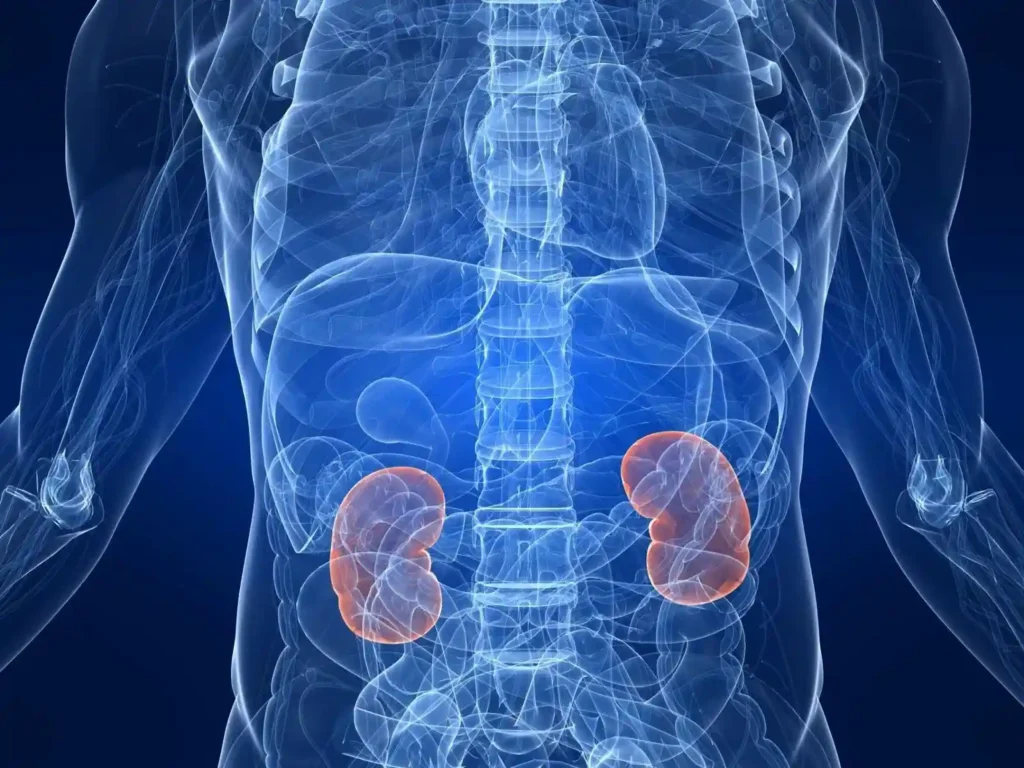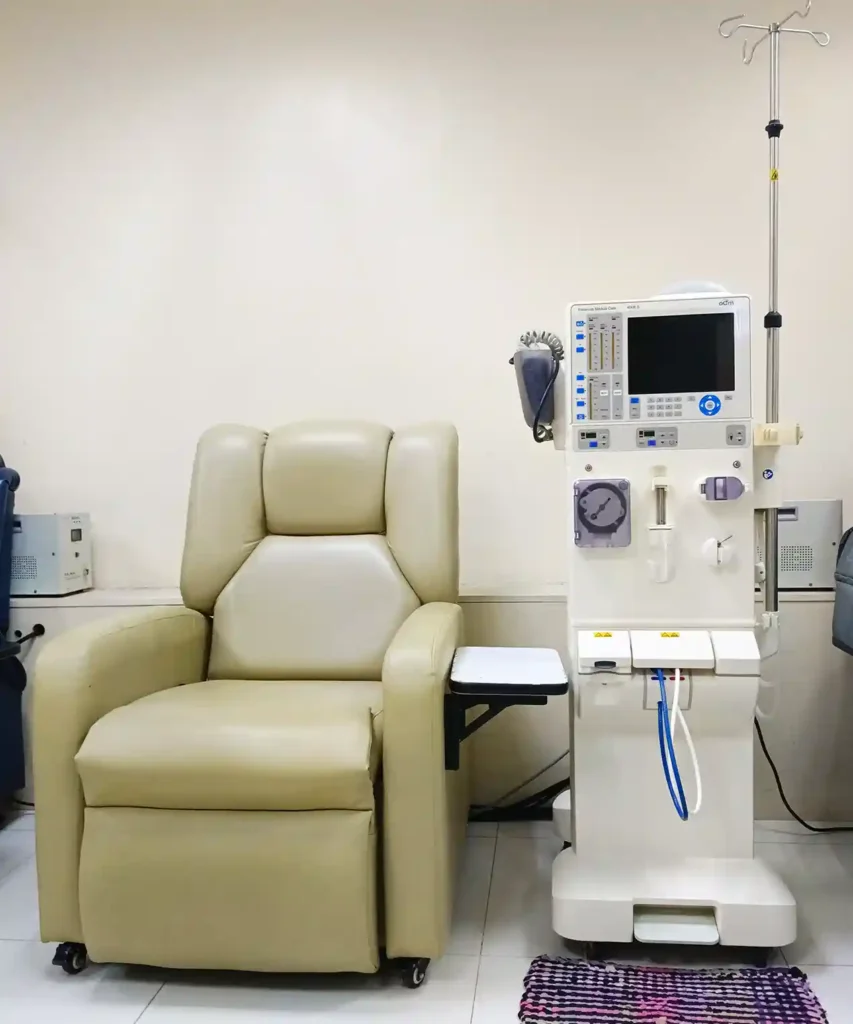
June is recognized as National Kidney Month, a dedicated period for raising awareness about the importance of kidney health and early detection of kidney disease. This significant observance aims to educate the public about the critical role kidneys play in overall health and the potentially severe consequences of kidney disease. It serves as a crucial reminder that proactive measures can greatly influence kidney health outcomes.
National Kidney Month was established to bring attention to the alarming rates of kidney-related conditions and to promote preventative measures that can help mitigate these risks. The kidneys are vital organs responsible for filtering waste products and excess fluids from the blood, maintaining a stable balance of electrolytes, and regulating blood pressure. Despite their essential functions, kidney health often remains overlooked until problems become severe.
Throughout June, healthcare professionals, organizations, and communities come together to highlight the importance of maintaining good kidney health. This month-long campaign emphasizes the need for regular kidney screenings, particularly for individuals with higher risk factors such as diabetes, hypertension, or a family history of kidney disease. Early detection through routine screenings can lead to timely interventions, potentially slowing the progression of kidney disease and improving quality of life.

The focus on kidney health during National Kidney Month also includes educating the public about lifestyle choices that support kidney function. This includes advocating for a balanced diet, regular physical activity, adequate hydration, and avoiding harmful substances like excessive alcohol and certain medications. By fostering a broader understanding of these preventive measures, National Kidney Month aims to empower individuals to take proactive steps towards safeguarding their kidney health.
Overall, National Kidney Month plays a pivotal role in enhancing public awareness about kidney disease, its risk factors, and the importance of early detection and prevention. By dedicating this month to kidney health, we can work towards reducing the incidence of kidney disease and supporting those affected by it.


The kidneys are vital organs that play an essential role in maintaining overall health. Each person typically has two kidneys, located on either side of the spine, just below the rib cage. These bean-shaped organs are about the size of a fist and are integral to several bodily functions. The primary role of the kidneys is to filter waste products and excess fluids from the blood, which are then excreted as urine. This filtration process is crucial for removing toxins from the body and preventing the buildup of harmful substances.
In addition to waste filtration, the kidneys are involved in regulating blood pressure. They achieve this by controlling the volume of fluids in the body and releasing the enzyme renin, which triggers a cascade of reactions that constrict blood vessels, thereby increasing blood pressure. The kidneys also manage the balance of electrolytes, such as sodium, potassium, and calcium, which are essential for nerve function, muscle contraction, and maintaining the body’s acid-base balance.
Another critical function of the kidneys is the production of hormones. The kidneys secrete erythropoietin, a hormone that stimulates red blood cell production in the bone marrow. This is particularly important for ensuring that tissues receive adequate oxygen. Additionally, the kidneys convert vitamin D into its active form, which is necessary for calcium absorption and bone health.
When kidney function is compromised, it can lead to a range of health issues, including chronic kidney disease, high blood pressure, electrolyte imbalances, and anemia. Understanding the anatomy and function of the kidneys underscores their importance in maintaining overall health. By spreading awareness about kidney function and the potential consequences of kidney disease, we can encourage early detection and support those affected by this condition.


Kidney disease is a significant health concern affecting millions of individuals worldwide. Understanding the risk factors that contribute to this condition is essential for effective prevention. Some of the primary risk factors include diabetes, high blood pressure, and a family history of kidney problems.
High blood sugar levels can damage the blood vessels in the kidneys, impairing their ability to filter waste from the blood. It is crucial for individuals with diabetes to manage their blood sugar levels through a balanced diet, regular exercise, and medication as prescribed by their healthcare provider.
High blood pressure can damage the kidneys’ filtering units, leading to a gradual loss of function. Controlling blood pressure through lifestyle modifications, such as reducing salt intake, maintaining a healthy weight, and engaging in regular physical activity, can help protect kidney health.
Genetic factors can predispose individuals to conditions such as polycystic kidney disease or glomerulonephritis. Individuals with a family history of kidney disease should be vigilant about monitoring their kidney function and maintaining a healthy lifestyle to mitigate their risk.
A balanced diet rich in fruits, vegetables, whole grains, and lean proteins can help maintain kidney health. Limiting the intake of processed foods, salt, and sugar is also beneficial. Staying hydrated by drinking adequate water throughout the day supports kidney function as well.
Routine blood and urine tests can identify early signs of kidney damage, allowing for timely intervention. Healthcare providers can offer personalized advice on managing risk factors and maintaining kidney health.
By understanding the risk factors and taking preventive measures, individuals can significantly reduce their chances of developing kidney disease and promote overall well-being.
June is National Kidney Month, a time dedicated to raising awareness about kidney health and the critical importance of early detection. Early identification of kidney disease can profoundly impact patient outcomes, often slowing the progression of the disease and improving overall quality of life. Regular screenings and tests, such as blood pressure measurements and urine tests, play a pivotal role in detecting kidney issues at their inception.
Blood pressure measurements are crucial as hypertension is a significant risk factor for kidney disease. Elevated blood pressure can damage the kidneys over time, leading to chronic kidney disease (CKD). Regular monitoring helps in detecting hypertension early, enabling timely interventions to prevent further kidney damage. Similarly, urine tests can reveal abnormalities such as proteinuria (excess protein in the urine), which is an early indicator of kidney dysfunction. These routine tests are simple yet effective tools in catching kidney issues before they escalate.
Awareness of the signs and symptoms of kidney disease is equally vital. Symptoms such as persistent fatigue, swelling in the legs and ankles, changes in urine output and appearance, and unexplained shortness of breath should prompt individuals to seek medical advice. Early symptom recognition combined with regular health screenings can lead to timely diagnosis and treatment, significantly altering the disease trajectory.
Moreover, individuals with risk factors such as diabetes, hypertension, family history of kidney disease, or those belonging to certain ethnic groups, should be particularly vigilant. These populations are at a higher risk and should prioritize regular kidney health checks. Healthcare professionals recommend at-risk individuals to undergo annual screenings to ensure any potential issues are caught early.
In summary, early detection through regular health screenings and awareness of kidney disease symptoms can make a significant difference in managing the condition. During National Kidney Month, let’s emphasize the importance of these preventative measures and support those battling kidney disease by spreading this crucial information.
Kidney disease is a broad term that encompasses various conditions affecting the kidneys’ ability to function properly. Among the most prevalent conditions are chronic kidney disease (CKD), kidney stones, and acute kidney injury. Each of these conditions has distinct causes, symptoms, and impacts on individuals’ health and quality of life.
Chronic kidney disease (CKD) is a long-term condition characterized by a gradual loss of kidney function over time. It is commonly caused by diabetes and hypertension, which damage the kidneys’ filtering units. Symptoms of CKD may not be apparent in the early stages, but as the disease progresses, individuals may experience fatigue, swelling, and changes in urine output. CKD significantly impacts a person’s quality of life, as it can lead to complications such as cardiovascular disease, anemia, and bone disorders. In severe cases, CKD can progress to end-stage renal disease (ESRD), necessitating dialysis or a kidney transplant.
Kidney stones are hard deposits of minerals and salts that form within the kidneys. They can cause severe pain, especially when passing through the urinary tract. Factors contributing to kidney stones include dehydration, dietary factors, and certain medical conditions. Symptoms often include sharp pain in the back or side, blood in the urine, and nausea. While kidney stones typically do not cause permanent damage, their recurrence can be distressing and may lead to complications such as urinary tract infections.
Acute kidney injury (AKI) is a sudden and rapid decline in kidney function, often occurring within hours or days. AKI can result from various causes, including severe infections, dehydration, or exposure to nephrotoxic drugs. Symptoms of AKI include reduced urine output, swelling in the legs and ankles, and confusion. Although AKI can be reversible with prompt treatment, it poses a significant risk to overall health, especially for individuals with preexisting conditions or those in critical care settings.
Understanding these common kidney diseases and their impact is crucial in recognizing the importance of early detection and preventive measures. By raising awareness and supporting those affected, we can improve outcomes and enhance the quality of life for individuals battling kidney disease.
Living with kidney disease presents numerous challenges that span both physical and emotional realms. It is imperative to provide comprehensive support to individuals battling this condition. Medical treatments form the cornerstone of managing kidney disease. These treatments may range from medications aimed at controlling symptoms and slowing disease progression to dialysis and kidney transplantation for advanced stages. Patients should have access to a multidisciplinary team of healthcare providers, including nephrologists, dietitians, and social workers, to tailor a personalized care plan.
In addition to medical treatments, lifestyle adjustments play a crucial role in managing kidney disease. Patients are often advised to adopt a kidney-friendly diet, which typically includes limiting sodium, potassium, and phosphorus intake while ensuring adequate protein and calorie consumption. Regular exercise, maintaining a healthy weight, and avoiding smoking and excessive alcohol intake are also vital components of a lifestyle conducive to kidney health. These changes can significantly improve the quality of life for those with kidney disease.
Emotional support is equally essential for individuals with kidney disease. The diagnosis and ongoing management of this chronic condition can lead to feelings of anxiety, depression, and isolation. Providing emotional support through counseling, support groups, and mental health services can help patients cope with these challenges. Family members and friends play a pivotal role in offering emotional support, understanding, and encouragement, which can positively impact the patient’s outlook and adherence to treatment plans.
Raising awareness about kidney health is crucial not only for prevention but also for providing support to those affected by kidney disease. National Kidney Month in June serves as an ideal time to amplify efforts in educating the public about the significance of kidney health and the impact of kidney disease. One effective way to spread awareness is by participating in events organized by kidney health organizations. These events often include health fairs, walks, and educational seminars that provide valuable information on how to maintain kidney health and detect early signs of kidney disease.
Social media platforms also offer a powerful tool for spreading awareness. Creating and sharing posts that include educational content, personal stories, and statistics about kidney disease can reach a broad audience. Utilizing hashtags specific to National Kidney Month can help in connecting with others and spreading the message further. Encouraging friends and followers to share these posts can amplify the reach and impact even more.
Another important aspect of raising awareness is through education. Informing others about the risk factors, symptoms, and preventive measures for kidney disease can lead to early detection and better management. Schools, workplaces, and community centers can organize educational sessions to disseminate this critical information. Handing out brochures, displaying posters, and conducting workshops are some effective methods to educate the public.
Advocacy plays a pivotal role in influencing public policy and securing funding for kidney disease research. By joining advocacy groups and participating in lobbying efforts, individuals can help push for legislative changes that support kidney health initiatives. Advocacy efforts can lead to increased funding for research, which is essential for developing new treatments and finding a cure for kidney disease. Engaging with policymakers and sharing personal stories can humanize the issue and make a compelling case for why kidney health should be a priority.
In summary, spreading awareness and engaging in advocacy during National Kidney Month can make a significant difference in the fight against kidney disease. Whether through events, social media, education, or policy change, every effort contributes to a greater understanding and better support for those affected by this condition.
As we conclude our exploration of National Kidney Month, it is vital to underscore the crucial points discussed. Kidney health remains a significant concern globally, with millions affected by kidney disease. Awareness and early detection are critical in preventing and managing this condition effectively. Our collective efforts in spreading information about kidney health can make a tangible difference in the lives of those battling kidney disease.
Throughout National Kidney Month, we have highlighted the importance of understanding the risk factors and symptoms associated with kidney disease. By educating ourselves and those around us, we can promote early detection, which is pivotal in managing and potentially reversing the progression of the disease. Regular health check-ups, maintaining a balanced diet, and staying hydrated are just a few proactive measures that can significantly contribute to kidney health.
Support for individuals affected by kidney disease is equally essential. Offering emotional and practical support can help patients navigate their journey more effectively. Encouraging participation in support groups and advocating for better healthcare policies are steps that can create a more supportive environment for those impacted by kidney disease.
Your involvement can make a difference. Let us all commit to taking proactive steps for our kidney health and supporting those affected by kidney disease. Together, we can build a healthier future where kidney disease is better understood, managed, and prevented.
Our website uses cookies to provide you with the best browsing experience.
By continuing to browse our website, you agree to use of cookies.